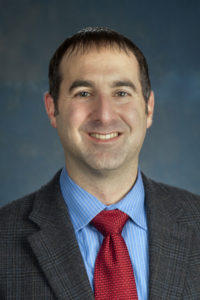 Richard Bruno,
Professor, Human Nutrition
Richard Bruno,
Professor, Human NutritionRichard Bruno: Integrated Collaborative Studies Between Drexel University and The Ohio State University to Improve Gut and Liver Health in a Mouse Model of Atherosclerosis $115,580
 Richard Bruno,
Professor, Human Nutrition
Richard Bruno,
Professor, Human Nutrition
 Rachel Kopec, Assistant Professor, Department of Human SciencesRachel Kopec
Rachel Kopec, Assistant Professor, Department of Human SciencesRachel Kopec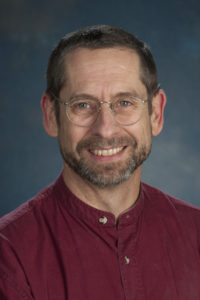 Dean Lillard, Professor, Consumer Sciences
Dean Lillard, Professor, Consumer Sciences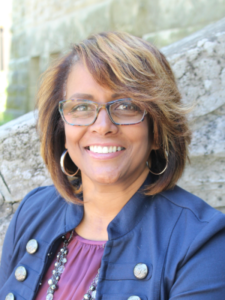 Melissa Ross, Associate Director of Research Partnerships and Impacts, CETE
Melissa Ross, Associate Director of Research Partnerships and Impacts, CETE Lori Patton Davis, Professor, Department Chair
Lori Patton Davis, Professor, Department Chair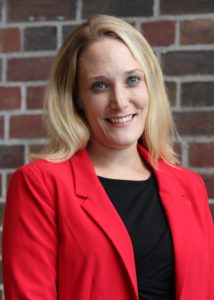 Sarah Lang, Assistant Professor, Human Development and Family Science
Sarah Lang, Assistant Professor, Human Development and Family Science David Julian, Program Director of Equity, Engagement and Evaluation
David Julian, Program Director of Equity, Engagement and Evaluation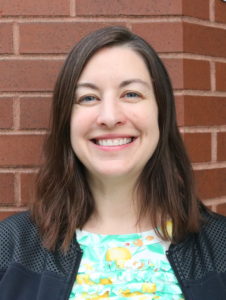 Jackie von Spiegel, Program Manager, Dennis Learning Center
Jackie von Spiegel, Program Manager, Dennis Learning Center